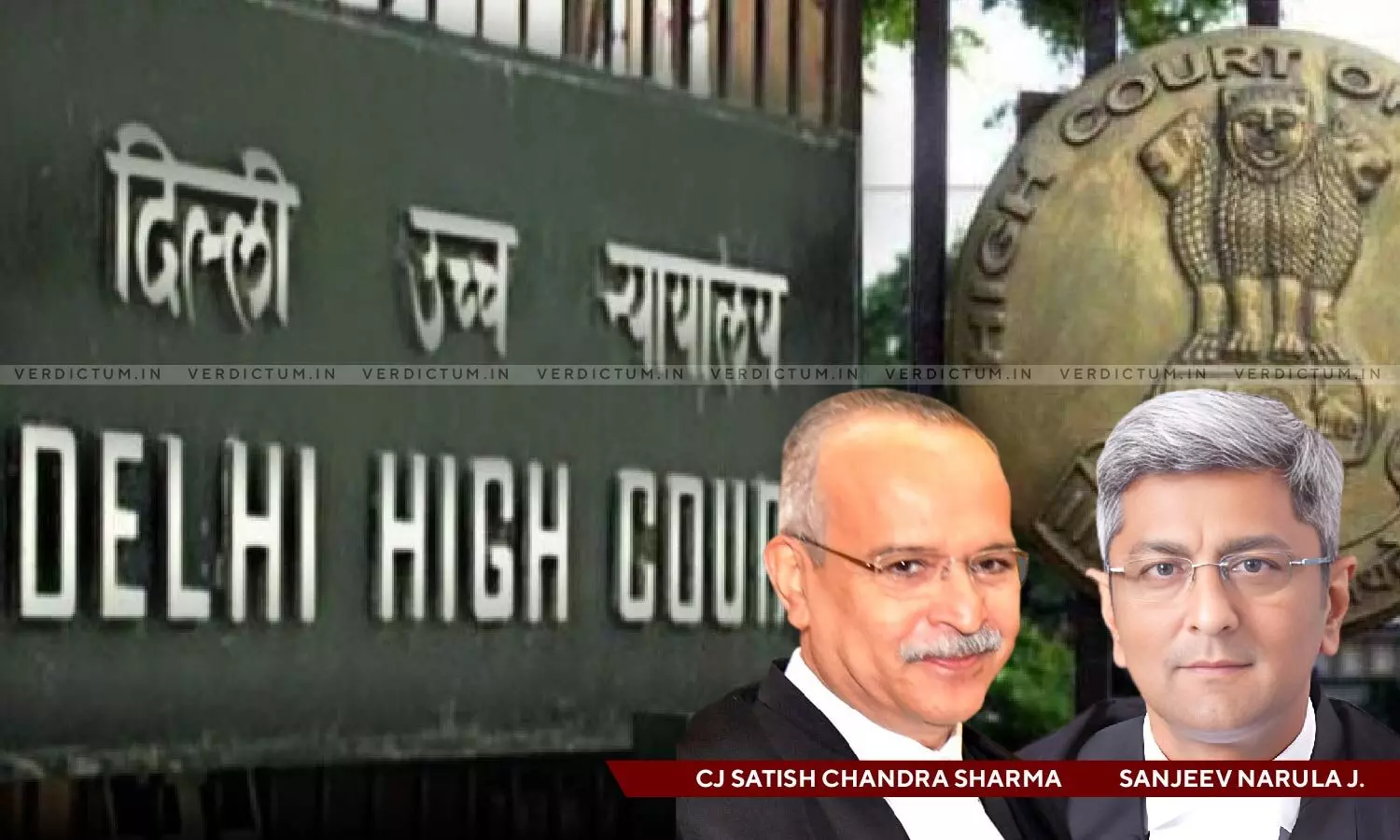
Delhi High Court Directs MCD To Prevent Illegal Garbage Dumping And Take Action Against Non-Compliant Industries
 |
|The Delhi High Court directed the Municipal Corporation of Delhi to ensure compliance, conclude actions against violating units and to prevent illegal dumping and take action against violating units in the national capital.
A Division Bench of Chief Justice Satish Chandra Sharma and Justice Sanjeev Narula took suo moto cognizance in the matter based upon a letter it had received in July 2019 regarding pollution from electronic, plastic, and medical waste dumping, and pollution caused by industrial units in villages including Mundka. The complainant raised concerns about pollution in Mundka Village due to various waste types, including electronics, plastics, and medical waste. Plastic businesses were growing in various villages.
The Court had issued a notice on February 7, 2020, and received status reports from the Respondents over time.
Advocate Beenashaw N. Soni appeared for the Respondents.
The South Delhi Municipal Corporation (SDMC) reported that Ranhola had 41 plastic/PVC units, of which 13 had valid licenses. The remaining units lacked pollution certificates. No burning waste was found in these units. SDMC mentioned pollution control norms by Delhi Pollution Control Committee (DPCC), issuing licenses, challans, sealing units, and imposing Environmental Damage Charges (EDC). SDMC sealed 831 illegal units and monitored waste disposal. Areas beyond Ranhola were under North Delhi Municipal Corporation's (NDMC) jurisdiction. NDMC was directed to file a status report.
NDMC reported actions against illegal units, issued closure notices, and confiscated stored plastic on agricultural land. NDMC reported actions against units involved in plastic trade and industrial units in various areas.
After the merger, the Municipal Corporation of Delhi (MCD) reported on areas under its jurisdiction and actions against non-conforming units. Further actions against non-conforming units were reported by MCD. Ranhola area had plastic units under regulation, without mass burning. MCD regulated waste disposal and industrial units through pollution control norms. Industrial units' regulation was highlighted by MCD.
The Court noted that the status report reflects that the MCD is monitoring and keeping a check on industrial/factory units operating in non-conforming areas i.e., non-industrial areas and residential areas, for closure of illegal factories of all trades.
The petition was disposed of.
Cause Title: Court On Its Own Motion v. South Municipal Corporation Of Delhi & Ors.
Click here to read/download Judgment